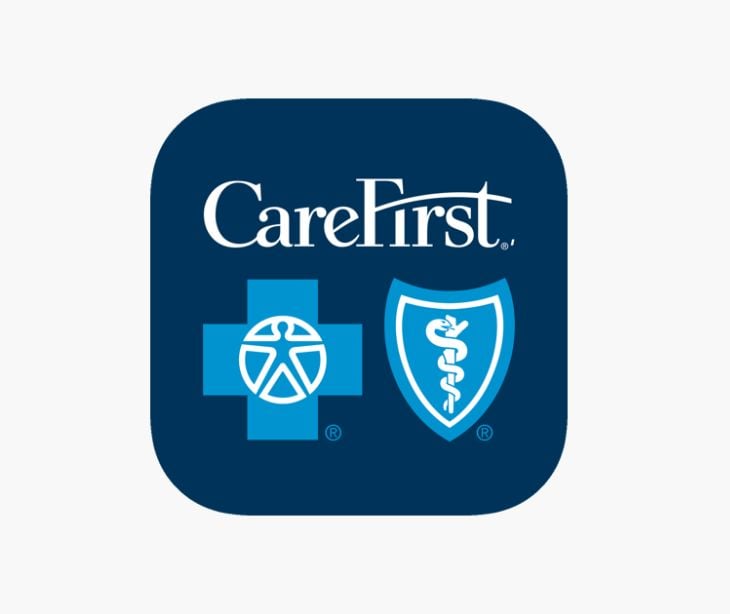
The Centers for Medicare & Medicaid Services (CMS) recently finalized the CMS Interoperability and Prior Authorization Final Rule to streamline access to information.
What happened
The Biden-Harris Administration has emphasized improving access to care and health data. Last week the Centers for Medicare & Medicaid Services (CMS) finalized their new ruling.
The ruling, CMS Interoperability and Prior Authorization Final Rule (CMS-0057-F), is designed to help ensure smoother information transfers amongst patients and providers. It’s estimated that the plan will also save patients, providers, and payers $15 billion over the next ten years.
Currently, when most patients need to see a specialist or have a procedure, they have to wait for a process called prior authorization. Insurance companies must determine if and how much a procedure or appointment is covered. The ruling will now streamline this process.
Going deeper
The ruling applies to several organizations, including:
- Medicare Advantage organizations
- Medicaid and the Children’s Health Insurance Program (CHIP) fee-for-service programs
- Medicaid-managed care plans
- CHIP-managed care entities, and
- Issuers of Qualified Health Plans offered on the Federally-facilitated exchanges
For healthcare organizations impacted, patients will begin to see a difference as soon as 2026. Once the ruling is in place, impacted payers must send prior authorization decisions within 72 hours for urgent requests and seven days for other medical items or services. The administration hopes this will cut the waiting time in half for some. Alongside the required timeframes, payers must provide a specific reason when denying a prior authorization request.
Payers will also be required to implement a new application programming interface (API) to facilitate requests between providers and payers. Lastly, certain eligible clinicians will be able to use an Electronic Prior Authorization measure.
What was said
The new ruling prioritizes patient care. “When a doctor says a patient needs a procedure, it is essential that it happens in a timely manner,” said HHS Secretary Xavier Becerra. “Too many Americans are left in limbo, waiting for approval from their insurance company. Today the Biden-Harris Administration is announcing strong action that will shorten these wait times by streamlining the better digitizing the approval process.”
CMS Administrator Chiquita Brooks-LaSure said that CMS is committed to making it easier for doctors and nurses to provide care. “Increasing efficiency and enabling health care data to flow freely and securely between patients, providers, and payers and streamlining prior authorization processes supports better health outcomes and a better health care experience for all.”
The big picture
While the ruling will take some time to impact patients, it’s a step towards making it easier for individuals to receive necessary care and information regarding their treatment.
In the meantime, impacted providers will need to transition to the new process and API. While transitioning may take time, the new ruling will hopefully positively impact patients, providers, and payers alike.
Related: HIPAA Compliant Email: The Definitive Guide
Subscribe to Paubox Weekly
Every Friday we bring you the most important news from Paubox. Our aim is to make you smarter, faster.




